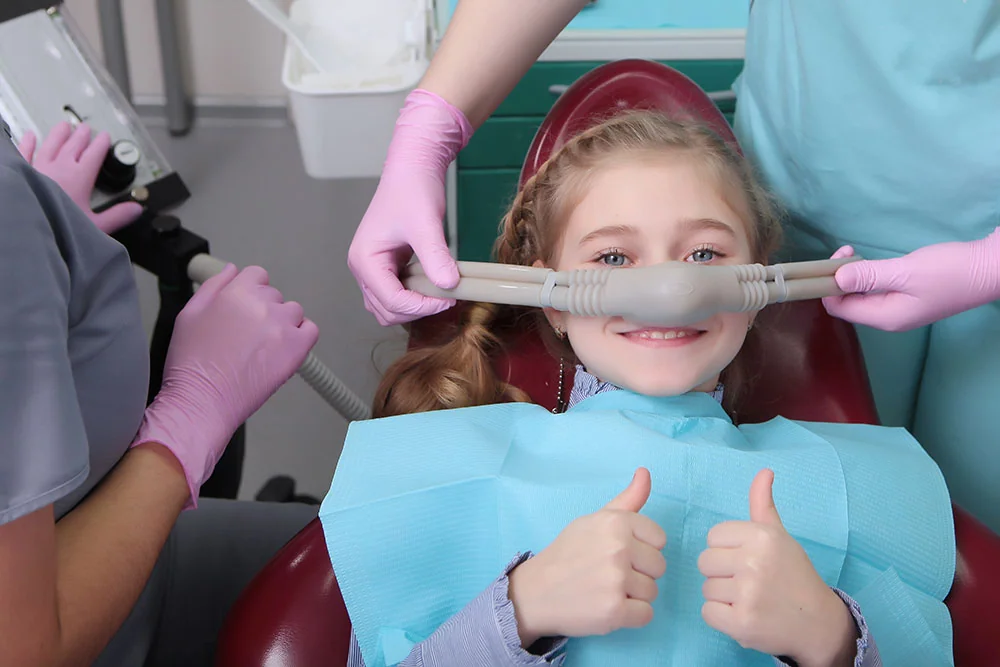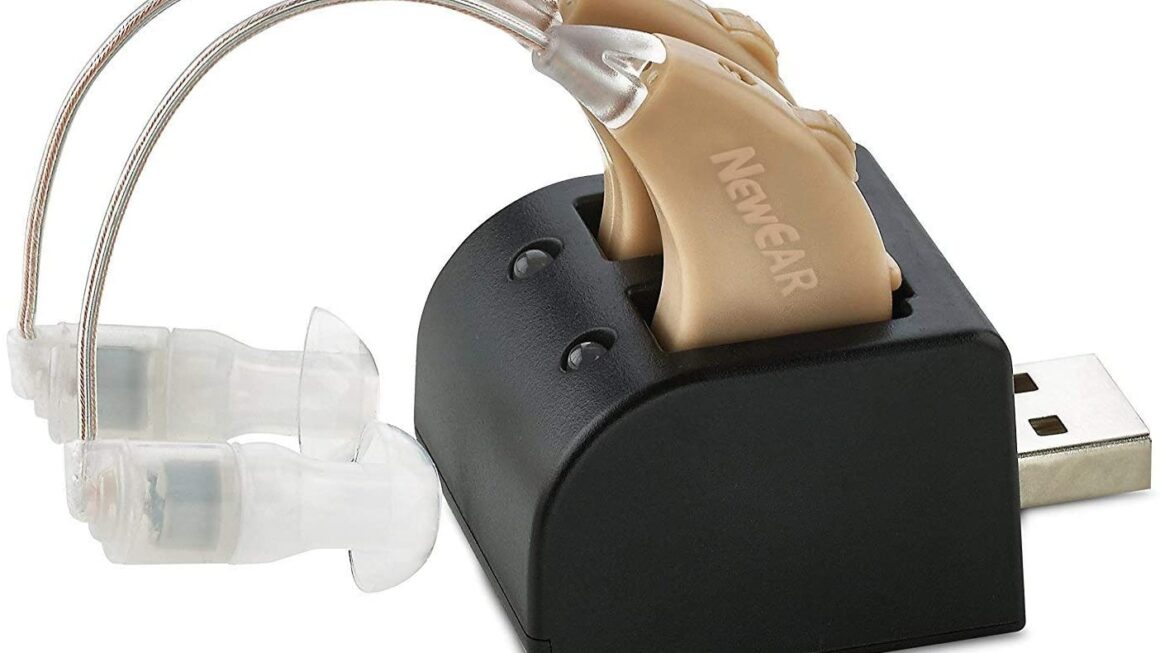Are you one of the many individuals who break out in a cold sweat at the mere thought of stepping foot inside a dentist’s office? If just thinking about dental appointments sends shivers down your spine, you’re not alone. Dental phobia affects countless people worldwide and can prevent them from seeking essential oral care. But fear not! Sedation dentistry may be the game-changer you’ve been searching for. Let’s explore how this innovative approach can help conquer your dental fears and make trips to the dentist a breeze.
Understanding Dental Phobia
The fear of going to the dentist, known as dental phobia, is a common issue that can cause extreme anxiety and avoidance behavior in individuals. This fear can stem from various sources, such as past traumatic experiences, fear of pain or needles, or feelings of loss of control during dental procedures. For some people, even the sights and sounds associated with a dental office can trigger intense panic.
Dental phobia is not just about feeling nervous; it can lead to serious oral health issues if left unaddressed. Avoiding regular dental check-ups and treatments due to fear can result in deteriorating oral health, leading to more extensive and costly procedures down the line.
Overcoming dental phobia requires understanding its root causes and finding effective strategies to manage anxiety during dental visits. Sedation dentistry offers a promising solution for individuals struggling with severe dental fears by providing relaxation and comfort during treatments.
What is Sedation Dentistry?
Are you one of the many individuals who experience anxiety at the mere thought of visiting the dentist? If so, sedation dentistry might be the solution you’ve been looking for. But what exactly is sedation dentistry?
In simple terms, sedation dentistry involves using medication to help patients relax during dental procedures. This can range from minimal sedation (where you are awake but calm) to deep sedation (where you are almost unconscious). The type of sedation used will depend on your level of anxiety and the complexity of the procedure.
By inducing a state of relaxation, sedation dentistry allows patients to undergo necessary dental work without experiencing overwhelming fear or discomfort. It can make lengthy or invasive procedures feel like they pass by in a flash, leaving you with little to no memory of the treatment itself.
So if sitting in that dentist’s chair makes your heart race and palms sweat, consider discussing sedation options with your dental provider.
Types of Sedation Used in Dentistry
Sedation dentistry offers a range of options to help patients relax and feel comfortable during dental procedures. The types of sedation used in dentistry can vary based on the level of anxiety or fear experienced by the patient.
One common type is nitrous oxide, also known as laughing gas, which is inhaled through a mask to induce relaxation. Oral sedatives, taken in pill form before the appointment, are another option for mild to moderate anxiety levels.
For more profound relaxation, intravenous (IV) sedation may be administered directly into the bloodstream to achieve a deeper level of calmness. General anesthesia is reserved for extreme cases where patients need to be unconscious for extensive procedures.
It’s essential for your dentist to evaluate your medical history and anxiety levels carefully before determining the most suitable type of sedation for your needs.
How Does Sedation Help with Dental Phobia?
For many individuals, the thought of visiting the dentist can evoke intense fear and anxiety. This dental phobia often stems from past negative experiences or a general fear of pain and discomfort associated with dental procedures.
Sedation dentistry offers a solution for patients struggling with dental phobia by providing various levels of sedation to help them relax during their visit. Whether it’s minimal sedation like nitrous oxide (laughing gas) or deeper sedation like IV sedation, these options allow patients to feel calm and at ease throughout their treatment.
By inducing a state of relaxation, sedation dentistry enables patients to undergo necessary dental procedures without experiencing overwhelming stress or fear. The calming effects of sedatives help individuals manage their anxiety levels, making it easier for them to receive the care they need for optimal oral health.
Sedation dentistry serves as a valuable tool in helping individuals overcome their dental phobia and access essential dental treatments comfortably and confidently.
Who Can Benefit from Sedation Dentistry?
For many individuals, the thought of going to the dentist can trigger feelings of anxiety and fear. This dental phobia often prevents them from seeking necessary dental care, leading to potential oral health issues down the line.
Sedation dentistry offers a solution for those who struggle with dental phobia. It can benefit patients who have had traumatic experiences in the past, individuals with a low pain threshold, or those requiring extensive dental procedures.
Moreover, sedation dentistry is particularly helpful for patients with sensitive gag reflexes or difficulty sitting still for long periods during treatment. Children who are unable to cooperate during dental visits can also benefit from sedation to ensure they receive proper care without added stress.
Anyone experiencing anxiety or fear related to visiting the dentist may find relief through sedation dentistry. By allowing patients to relax and feel at ease during their appointments, sedation dentistry helps make dental visits more comfortable and manageable for a wide range of individuals.
Risks and Safety Precautions of Sedation Dentistry
When considering sedation dentistry for dental phobia, it’s essential to understand the risks and safety precautions involved. While sedation can help alleviate anxiety during dental procedures, there are potential side effects to be aware of. These may include dizziness, nausea, or headaches after the procedure.
Before undergoing sedation dentistry, your dentist will conduct a thorough evaluation of your medical history to ensure you are a suitable candidate for sedation. It is crucial to follow all pre-operative instructions provided by your dentist to minimize any risks associated with the sedation process.
During the procedure, trained professionals will monitor your vital signs closely to ensure your safety throughout the treatment. Different levels of sedation carry varying degrees of risk, so it’s important to discuss all options with your dentist beforehand.
By understanding and adhering to these safety precautions, patients can undergo sedation dentistry with confidence and ease knowing that their well-being is being prioritized throughout the entire process.
Overcoming Dental Phobia with the Help of Sedation Dentistry
If the thought of going to the dentist fills you with dread, you’re not alone. Many individuals experience dental phobia, which can stem from various factors like fear of pain, past traumatic experiences, or a general feeling of anxiety in medical settings. This fear often leads people to avoid necessary dental care, resulting in deteriorating oral health.
Fortunately, sedation dentistry offers a solution for those grappling with dental phobia. By using different levels of sedation based on individual needs, patients can undergo dental procedures in a relaxed state. Whether it’s minimal sedation (like nitrous oxide), moderate sedation (oral medication), or deep sedation (IV sedation), there are options to help make your visit more comfortable and stress-free.
Sedation dentistry helps create a calming environment that allows patients to receive the care they need without overwhelming anxiety. With the assistance of trained professionals and appropriate safety measures in place, overcoming dental phobia becomes achievable through this specialized approach.
Conclusion
Sedation dentistry can be a game-changer for individuals struggling with dental phobia. By providing a safe and comfortable environment during dental procedures, sedation dentistry allows patients to overcome their fears and receive the oral care they need. With various types of sedation available to cater to different levels of anxiety, more people can benefit from this approach than ever before. If you have been avoiding the dentist due to fear or anxiety, consider discussing sedation options with your dental provider to help make your next visit a stress-free experience. Say goodbye to dental phobia and hello to a healthier smile with the help of sedation dentistry!












